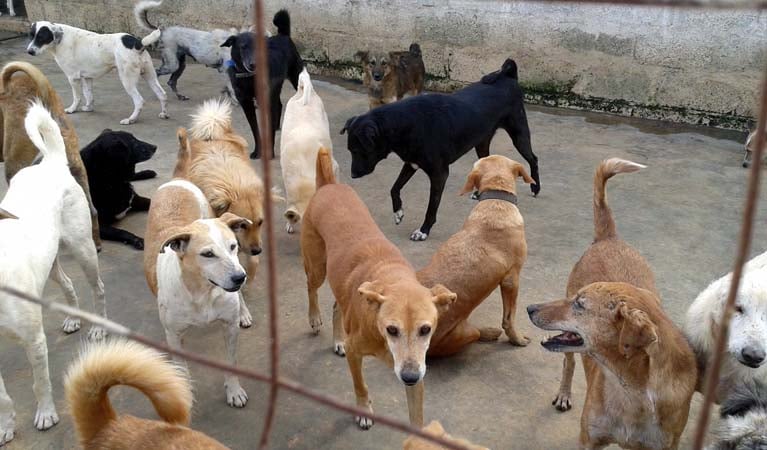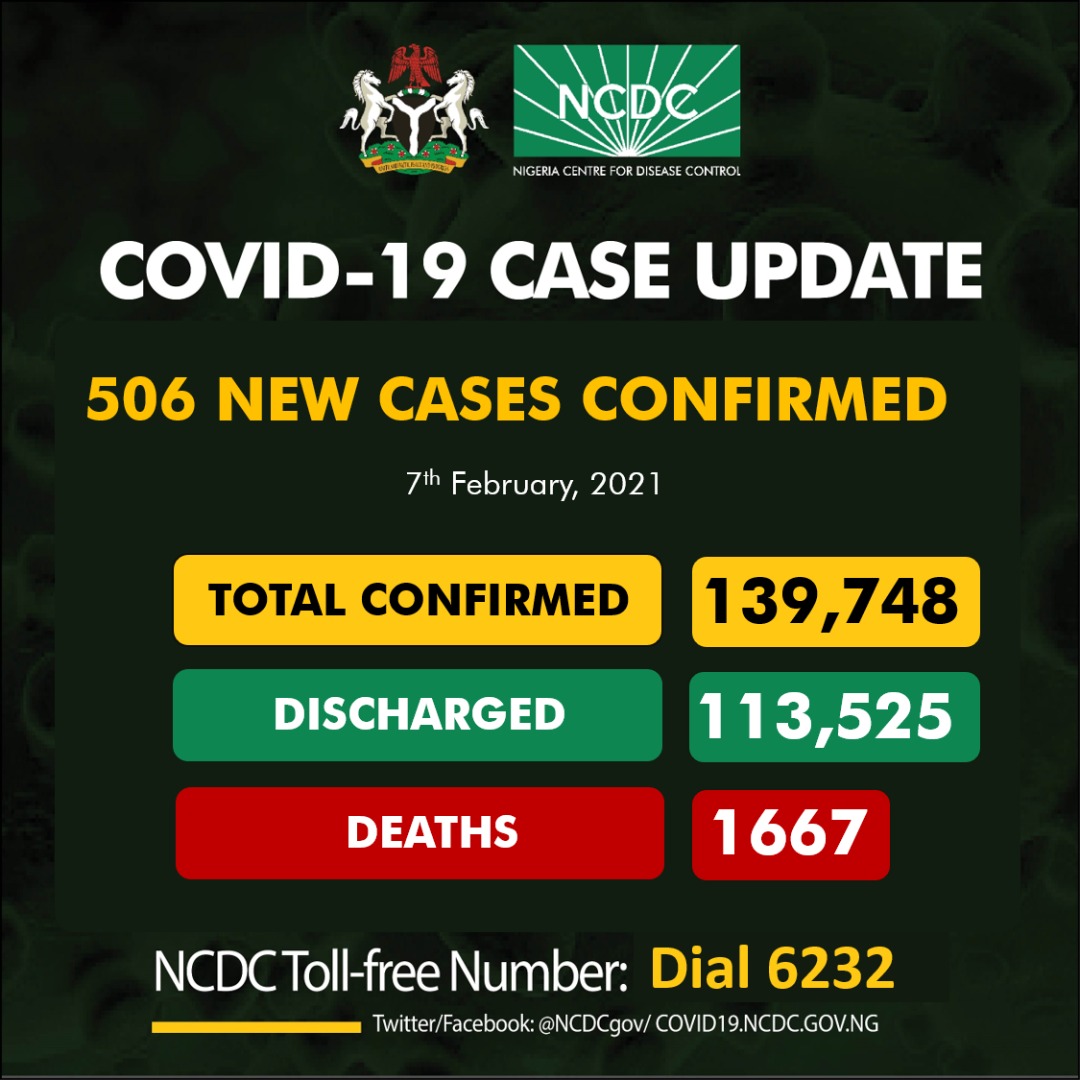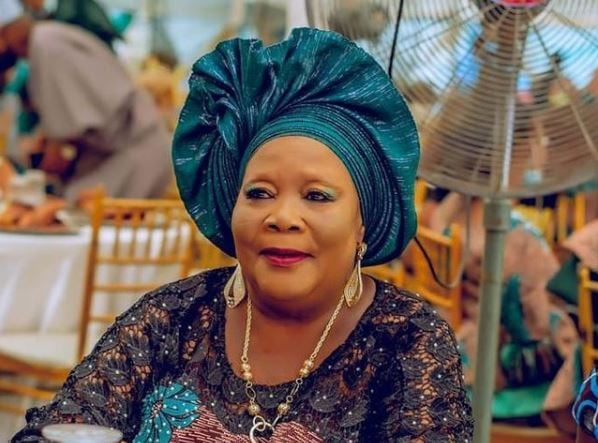The pandemic has disrupted a major celebration in China. Usually at this time every year, millions of Chinese people embark on homebound trips to celebrate the Lunar New Year with their families — but that will not happen this year — no thanks to COVID-19. Here are updates on what you should know about the pandemic this Monday morning.
Nigeria qualified for Pfizer vaccine
The confusion springing from reports that Nigeria was not qualified to get the Pfizer vaccine was doused at the weekend.
WHO had said Nigeria was not among the countries shortlisted to benefit from the initial 320,000 doses of the Pfizer COVID-19 vaccine donated to African countries.
Advertisement
But in a statement on Saturday clarifying its earlier position, WHO said Nigeria was adjudged ready to receive the Pfizer vaccine but that it failed to get supplies because of limited doses.
The global health body said the country was among the nine in Africa recommended as “ready to deploy the Pfizer vaccine”.
“Demand for the initial allocation of 1.2 million Pfizer doses was exceptionally high. COVAX received interest from 72 countries around the world, of which 51 countries were considered by the review committee as ‘ready’ — Nigeria was among these countries — and 18 countries in total were finally chosen to receive initial Pfizer doses,” it said.
Advertisement
“Unfortunately, it was not feasible to provide each of these 51 countries with Pfizer doses, due to a number of factors including the limited capacity for Pfizer to handle many countries at once. Therefore, spreading the limited doses across all the 51 countries deemed ‘ready’ could have not achieved the intended public health benefit.”
Creatives are worst hit by the pandemic
The creative industry is said to be the sector worse hit by the pandemic.
Segun Runsewe, director-general of the National Council for Arts and Culture (NCAC), says up to 70 percent of people in the sector are not getting monthly payments.
Advertisement
He said 70 percent of the people in the creative sector, including photographers and fashion designers do not earn monthly salaries but make their living daily from their handiwork.
Runsewe, however, added that the federal government would support the creative sector to cushion the effects of COVID-19 on it.
AstraZeneca vaccine offers minimum protection against South Africa COVID-19 strain
The Oxford-AstraZeneca COVID-19 vaccine has suffered a setback in South Africa owing to the minimal protection it offers against a dominant variant of the virus in that country.
Advertisement
South Africa on Sunday announced the suspension of the planned rollout of the Oxford-AstraZeneca vaccine after it was found to offer “minimal” protection against the country’s dominant virus strain.
Zweli Mkhize, South Africa’s minister of health, said evidence from early trial showed the vaccine offered limited protection to participants against the coronavirus strain first recorded in the country.
Advertisement
The strain known as 501.V2 coronavirus variant is said to be about 50 percent more contagious and it is the dominant virus variant in most parts of South Africa.
South Africa is now considering deploying the vaccines developed by Johnson & Johnson and Pfizer, pending directives from a committee of scientists.
Advertisement
No plans for COVID-19 vaccine passport in the UK
The United Kingdom will not introduce COVID-19 vaccine passports.
Advertisement
Some countries, including the Seychelles, Cyprus and Romania, have already lifted quarantine requirements to visitors able to prove that they have been vaccinated against the virus.
Nadhim Zahawi, UK vaccine deployment minister, said on Sunday that people could seek proof of vaccination from their doctor if needed for travel to other countries.
“If other countries, obviously, require some form of proof, then you can ask your GP because your GP will hold the record. And of course, that will then be able to be used as your proof that you’ve had the vaccine. But we are not planning to have a passport in the UK,” he said.
China discourages travel for Lunar New Year
Millions of Chinese people will not be embarking on homebound trips to celebrate the Lunar New Year with their families.
The Lunar New Year is usually an opportunity for many Chinese to see their families — after leaving their hometowns for better job opportunities in big cities.
To prevent the spread of COVID-19 which has killed over 4,ooo people in the country, China’s National Health Commission imposed new rules that require people returning to rural areas to produce a negative COVID-19 test taken within the previous seven days, and to spend 14 days in “home observation” upon arrival.
The Lunar New Year, also known as Spring Festival in China, is the most important holiday in the Chinese calendar — the equivalent of Thanksgiving, Christmas and New Year’s Eve combined.
Many Chinese people have taken to social media to condemn the new restrictions.
Seoul to test pets for COVID-19
Seoul, the South Korean capital will start testing pet dogs and cats for COVID-19 if their owners test positive for the infection and the animals themselves are symptomatic.
Park Yoo-mi, the city’s health official, said animal sample collection teams will visit the home of quarantined COVID-19 patients to test their pets.
The testing is being done to prevent COVID-19 pet-to-human infection.
COVID-19 IN NIGERIA
Add a comment







